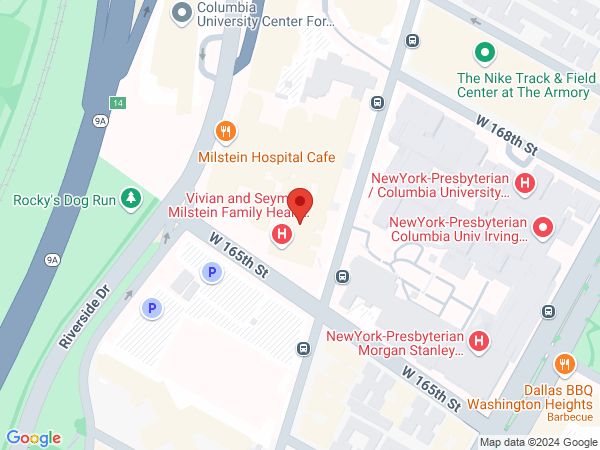A Randomized, Double-blind, Placebo-controlledPhase 3 Study to evaluate Dostarlimab as SequentialTherapy after Chemoradiation in Participants withLocally Advanced Unresected Head and NeckSquamous Cell Carcinoma
Contact:
NCT Number:
Protocol:
Study Status:
Population:
Phase:
The purpose of this study is to find out if an experimental drug, which is not approved by the United States Food and drug Administration, called dostarlimab given over the course of 1 year starting shortly after chemoradiotherapy (CRT) has finished, can delay or reduce the risk of cancer returning when compared to placebo given over the same time period following CRT. The experimental drug is being tested in participants with locally advanced unresected head and neck squamous cell carcinoma. Dostarlimab belongs to a class of drugs called PD-1 inhibitors. The immune cells in your body produce a protein called “PD-1” which prevents your own immune system from recognizing and potentially killing the cancer cells. Dostarlimab can block the negative action of PD-1 and thereby allow the body’s immune system to again act against cancer cells.
Are you Eligible? (Inclusion Criteria)
- Participants are 18 years of age or older. 2. Participants must have newly diagnosed unresected LA histologically confirmed HNSCC of the oralcavity, oropharynx, hypopharynx or larynx and completed cisplatin plus radiotherapy with curative intent and have no evidence of distant metastatic disease. 3. Participants must have met the following minimum requirements for CRT delivered as part of local SoC: a) For Cisplatin: Minimum cumulative exposure of 200mg/m2 as part of CRT, delivered as either Q3W (e.g. 100mg/m2 cycles), or Q1W (e.g. 40mg/m2) cycles. b) Total Radiation dose of 65 Gy to 70 Gy over 6 – 7 weeks to the high-risk disease site.

